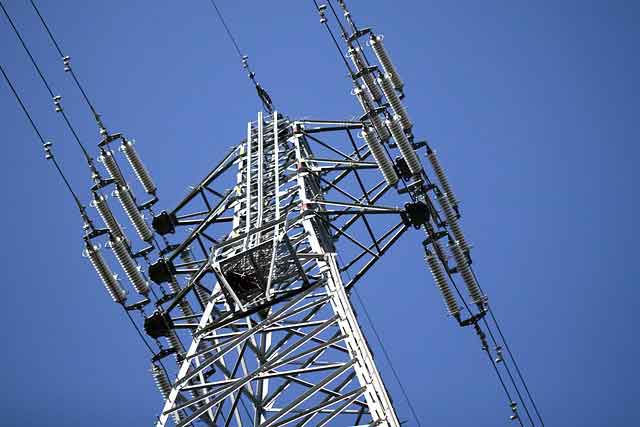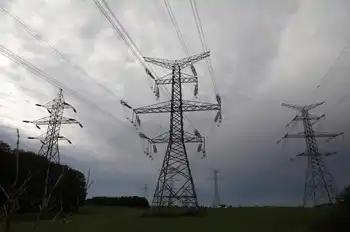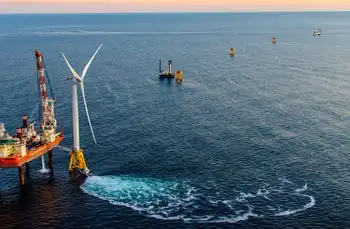India to import 35 million tons of coal for 201011
NEW DELHI, INDIA - Bharatsinh Solanki, Indias Minister of State for Power, informed the Indian parliament that to bridge the demandsupply gap in the power sector, Indian power producers would have to import additional supplies of coal.
Coal imports are likely to reach 35 million tons during this financial year. Additionally, 12 million tons of imported coal will be required to meet demand from new power projects. Indias leading public sector power entity, NTPC Limited has indicated that it will import 14 million to 15 million tons of coal this year, to meet its demand of 145 million to 150 million tons. The stateowned Coal India Limited CIL is likely to import 4 million tons of coal for NTPC Limited. The Coal Ministry has approved allocation of 97 captive coal blocks for projects developed by independent power producers, central and state utilities.
Established in 1975 as a publicsector enterprise, CIL manages Indias coal mining operations and is among the largest coalproducing companies in the world. Recently, CIL selected a group of banks — including the Royal Bank of Scotland plc a partnering of Bank of America Corporation and Merrill Lynch Credit Corporation and Royal Bank of Canada — as advisors for the purchase of coal assets in the United States, Australia and Indonesia. The assets are expected to augment and sustain coal supplies for Indias growing energy and industrial sector.
While the Royal Bank of Scotland will handle assessment and due diligence of companies in Indonesia, Bank of Canada and Bank of AmericaMerrill Lynch will perform assessment studies and study proposals from companies in the United States and Australia, respectively. The assessments are likely to be completed in the next four months.
Company officials have indicated that CIL received 10 proposals, of which only five are under consideration. Although there were proposals of interest from South Africa, they did not meet the qualifying criteria. Reportedly, CIL is considering only listed companies for the partnership ventures.
India has been unable to meet its power generation targets due to nonavailability of sustained fuel supplies. Currently, India imports about 10 of its total coal demand. By 2012, the coal demand and supply deficit is estimated to reach 80 million tons. The earlier supplydemand gap forecast for the period was 51 million tons. In 2009, India imported nearly 60 million tons of coal in comparison to 30 million tons in 2008.
According to sources, Peabody Energy Corporation is holding preliminary talks with CIL to form a joint venture. The partnership could give CIL access to Peabody Energys four coal mines. Coal supplies from Peabody Energys mines could cover about 50 of the countrys annual demand.
Partha Bhattacharya, the chairman of CIL, has indicated that the companys cash surplus of $7.4 billion will be utilized to develop coal reserves abroad. The company is focusing on international assets as stringent domestic regulatory approvals have slowed down development of indigenous assets. There are 89 domestic project proposals submitted by CIL that are pending approvals with environmental agencies. Bhattarcharya said that prolonged environmental clearances procedures were delaying development of new coal reserves by seven to 10 years. This would lead to imports increasing by 10 to 15 every year.
In a related development, the Indian government has announced plans to divest a stake of 10 in CIL to raise about $2.7 billion. The sale is expected to be completed by late July or early August. Announcing investment plans, CIL officials said that about $1.35 billion will be used to purchase international coal assets and $856 million will be utilized to augment domestic coal production. This fiscal year, CIL has targeted production of 460.5 million tons of coal in comparison to 431.34 million tons as on March 31, 2009.
Related News

Blizzard and Extreme Cold Hit Calgary and Alberta
CALGARY - Calgary and much of southern Alberta faced a significant winter storm that brought heavy snowfall, strong winds, and dangerously low temperatures. Environment and Climate Change Canada (ECCC) issued extended and expanded snowfall and winter storm warnings as persistent precipitation streamed along the southern borders. The combination of a low-pressure system off the west coast supplying moisture and a northerly inflow at the surface led to significant snow accumulations in a short period.
The storm resulted in poor driving conditions across much of southern Alberta, with snow-packed and icy roads, as well as limited visibility due to blowing snow.…




